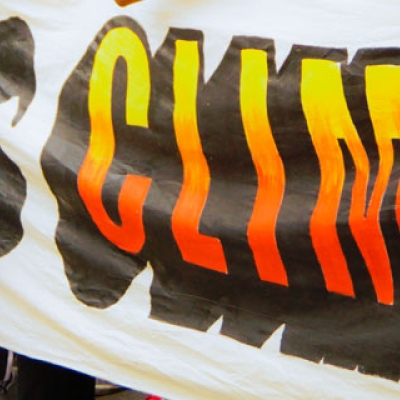
Help Us Teach Congress the Basics on Climate Change!
By Jason Leppig / On December 20th, 2016
As the new administration fills its leadership positions with climate deniers and energy lobbyists, many environmentalists like you find themselves discouraged.
Help us educate all new members of Congress on the science behind climate change and its implications for our economy.
Now more than ever, this is a time to promote policy approaches informed by science.





